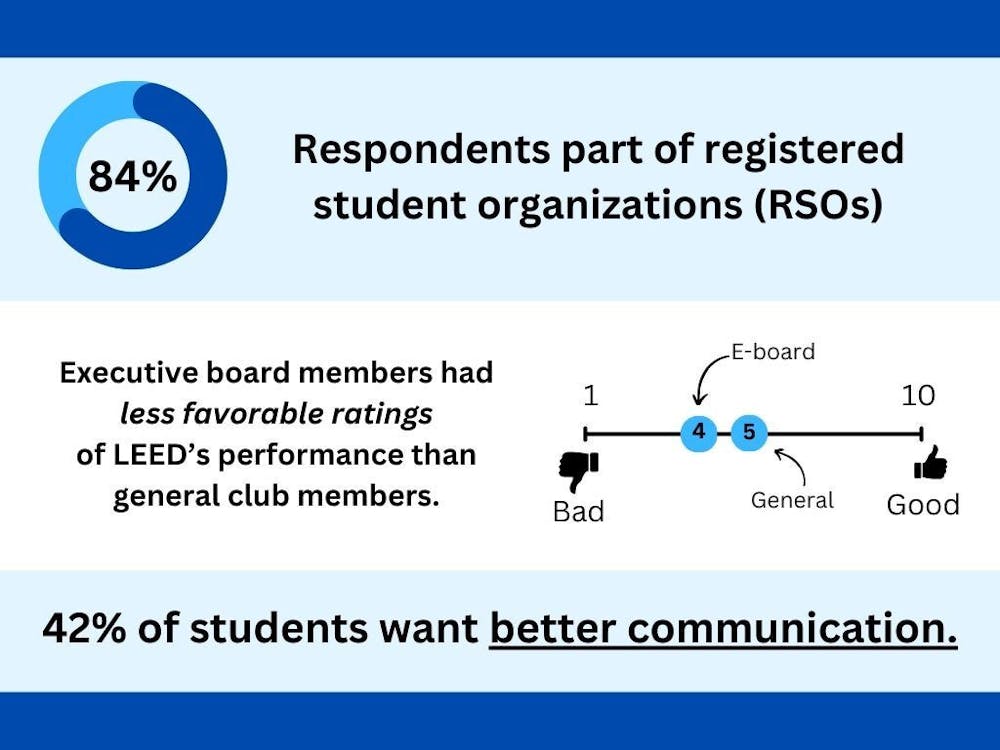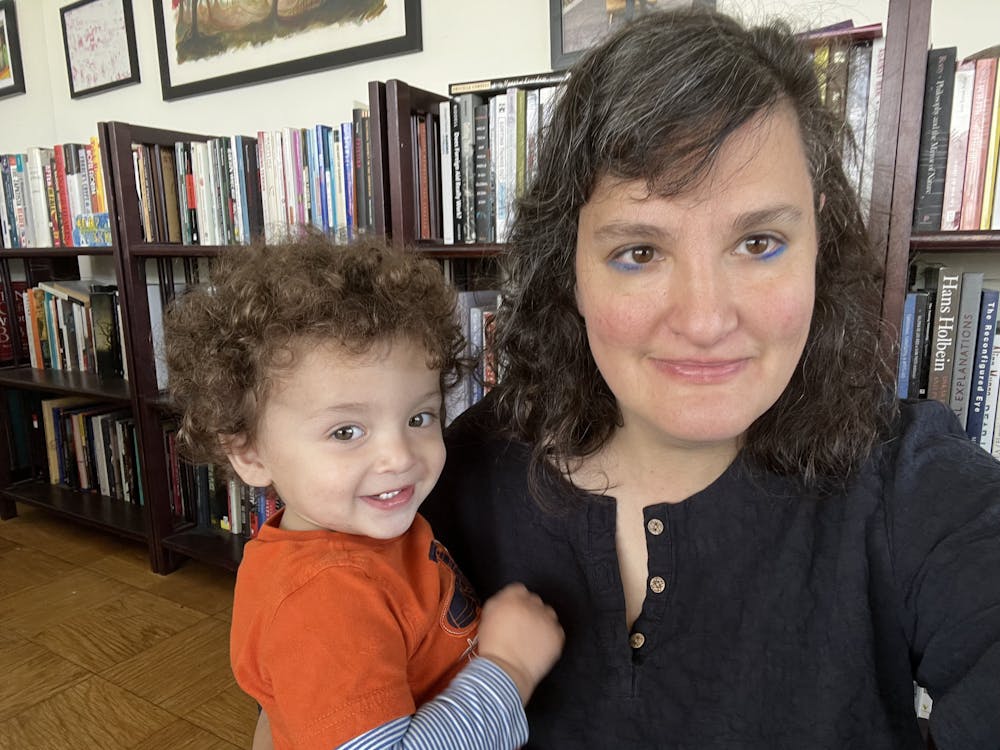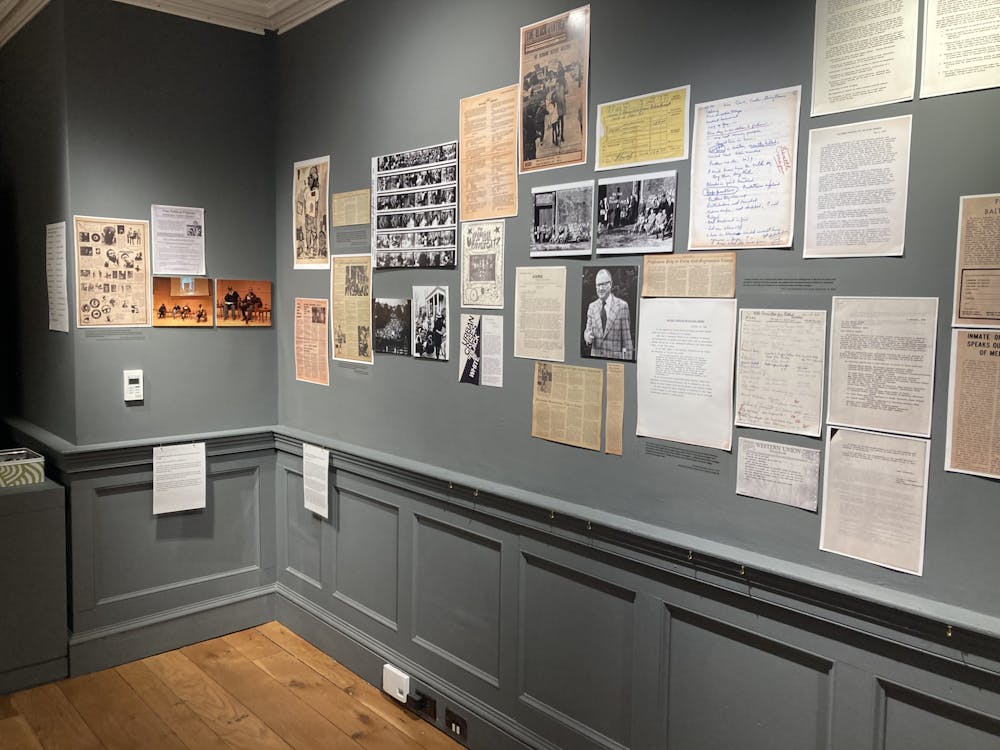The second annual Brazilian Symposium brought together professors and scholars from a variety of universities and disciplines to expand knowledge and understanding of Brazilian culture.
The program consisted of lectures, discussions, a film screening and student presentations, which were held from Monday, Oct. 14 to Tuesday, Oct. 15 in Charles Commons Salon C.
Every year, the symposium revolves around a specific aspect of Brazilian culture and history. This year’s theme was “Africans and Afro-Brazilians: the African Diaspora in Brazil.”
Flavia De Azeredo-Cerqueira, Portuguese Language Program Director and organizer of the symposium, explained why the theme was chosen.
“It’s a topic being discussed in Brazil quite a lot,” Cerqueira said. “Also, as we had many issues this year in Baltimore, and in the west in general, I think it’s something we should discuss at the university level.”
Although the event was open to the public, it was designed for students who were in Cerqueira’s Brazilian Culture and Civilization class.
“My first goal is for my students to have an opportunity to expand on the topics they researched for the course,” she said. “But also it’s just open for our Homewood Campus and the greater Baltimore area. The invitation was sent to most of the departments and universities around us.”
The poster session was a key part of the symposium during which students in Cerqueira’s class presented posters showcasing their research this semester.
Divided into small groups, the students focused on a specific aspect of Brazilian culture relevant to the year’s chosen theme.
“These [posters] speak in volumes,” Cerqueira said. “The most rewarding part for me is the students — the quality of their work — and it really shows the amount they were involved in researching the topic they chose.”
Toward the end of the closing panel discussion, visiting professors took some time to examine and praise the posters.
Celso Thomas Castilho, an assistant professor of history at Vanderbilt University, felt that the posters were the most memorable part of the Symposium.
“For the most part, as I’ve been walking around today, I was surprised at the amount of information, the amount of research, everything else,” Castilho said.
Allan Charles Dawson, associate professor of anthropology at Drew University, echoed these sentiments.
“They are of the quality that you would see at a professional academic conference,” he said.
Franklin W. Knight, Leonard and Helen R. Stulman professor of history at Hopkins, compared the posters to those made in the first Brazilian Symposium.
“This is my second year here, and this year they’re even more professional,” he said. “They’re actually quite significantly improved this year over last year. And I’m astonished that all of this could be done in two months.”
Cerqueira recognized the top three posters at the end of the closing panel discussion.
Sophomores Reily Gibson and Antonio Cruz and junior Nicholas Machado took first place in the competition with their poster titled, “The Legacy of Slavery in Afro-Brazilian Identity.”
Machado spoke about what inspired his group to choose their topic.
“We chose a legacy of slavery in Africa, because we wanted to basically focus on more postmodern kind of implications,” Machado said. “A lot of the topics that were here just talk about a lot of historical context and some postmodern references. We wanted to have a topic that would skim that historical part and really focus on the current generation.”
Junior Maximillian Morris and sophomore Jonathan Silveira took second-place, with their poster, “O Ensino Superior no Brasil: Cotas e Discrepâncias” (Portuguese for Higher Education in Brazil: Quotas and Discrepancies).
Seniors Samiya Diawara, Clarissa Trabanino and Christiana Vargas came in third-place with their poster about the relationship between African culture and Brazilian identity.
“One thing that should be emphasized is that this is mainly undergrad work,” Cerqueira said.
The posters provided an opportunity for students to display their learning in different fields, including the social sciences and foreign language courses.
The Symposium was sponsored by multiple academic programs and centers at Hopkins, including the Program in Latin American Studies, the Portuguese Language Program and the International Studies Program.
“The beauty of this thing is that it’s not only my Brazilian Culture and Civilization course, but also the language course as well,” Cerqueria said. “They have the opportunity to not only research a topic but also to use the language they’re learning as well. It’s interdisciplinary. That’s the magic word.”
















Please note All comments are eligible for publication in The News-Letter.